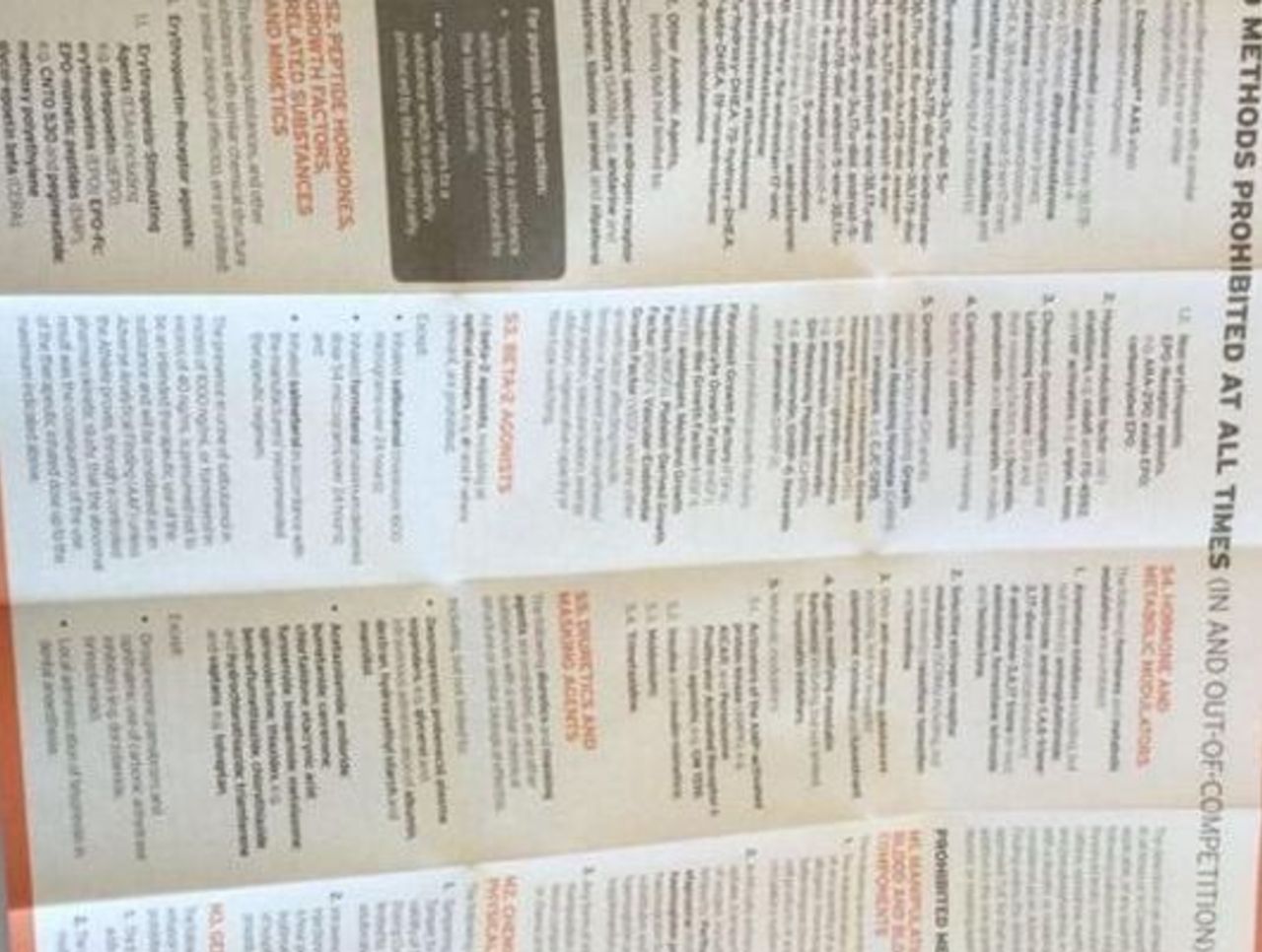Sharapova 'determined to fight back,' posts message to clarify news 'reported wrong'
Maria Sharapova addressed her fans Friday for the second time since confessing her failed drug test this past Monday.
Sharapova's first letter simply thanked her fans for their support during these trying times. In her Facebook post on Friday, she sought to clarify some things she feels have been misrepresented by the media in the wake of her bombshell announcement.
Specifically, Sharapova took issue with a report that she had been warned five times by tennis authorities that meldonium - the drug she was busted for - had been placed on the banned substance list Jan. 1, some two-and-a-half weeks before the start of the Australian Open.
"I want to reach out to you to share some information, discuss the latest news, and let you know that there have been things that have been reported wrong in the media, and I am determined to fight back," Sharapova wrote.
"A report said that I had been warned five times about the upcoming ban on the medicine I was taking. That is not true and it never happened.
"That's a distortion of the actual 'communications' which were provided or simply posted onto a webpage."
Sharapova acknowledged her negligence in failing to properly review the email titled "Main Changes to the Tennis Anti-Doping Programme for 2016," which contained the relevant information about the updated status of meldonium, but said that the other supposed warnings were "buried in newsletters, websites, or handouts."
Here's how she described the placement of the information:
On December 18, I received an email with the subject line "Player News" on it. It contained a newsletter on a website that contained tons of information about travel, upcoming tournaments, rankings, statistics, bulletin board notices, happy birthday wishes, and yes, anti-doping information. On that email, if a player wanted to find the specific facts about medicine added to the anti-doping list, it was necessary to open the "Player News" email, read through about a dozen unrelated links, find the "Player Zone" link, enter a password, enter a username, read a home screen with more than three dozen different links covering multiple topics, find the "2016 Changes to Tennis Anti-Doping Program and Information" link, click on it and then read a page with approximately three dozen more links covering multiple anti-doping matters. Then you had to click the correct link, open it up, scroll down to page two and that's where you would find a different name for the medication I was taking.
In other words, in order to be aware of this "warning", you had to open an email with a subject line having nothing to do with anti-doping, click on a webpage, enter a password, enter a username, hunt, click, hunt, click, hunt, click, scroll and read. I guess some in the media can call that a warning. I think most people would call it too hard to find.
There was also a "wallet card" distributed at various tournaments at the beginning of 2016, after the ban went into effect. This document had thousands of words on it, many of them technical, in small print. Should I have studied it? Yes. But if you saw this document (attached), you would know what I mean.
To prove her point, Sharapova posted a photo of the wallet card.

She also tried to clear the air about the widely disseminated quote from the meldonium manufacturer that the natural course of treatment in using the drug for her alleged condition is four-to-six weeks.
"The story quotes the manufacturer of my medicine as saying: 'Treatment course can be repeated twice or thrice a year,'" Sharapova wrote. "Only physicians can follow and evaluate patient's health condition and state whether the patient should use meldonium for a longer period of time.
"That's exactly what I did. I didn't take the medicine every day. I took it the way my doctor recommended I take it and I took it in the low doses recommended."
Sharapova is confident that once the situation is investigated fully, she'll be cleared of any intentional wrongdoing.
"I look forward to the ITF hearing," she wrote, "at which time they will receive my detailed medical records."
HEADLINES
- Bulls' championship banners damaged by concert pyrotechnics
- Mat Ishbia: Suns are having 'a really disappointing year'
- The All-Nobody Team: 5 NBA players making a name for themselves this season
- Golden Knights sign Hill to 6-year extension with $6.25M AAV
- Metcalf confident Steelers will make 'right decision' amid QB search